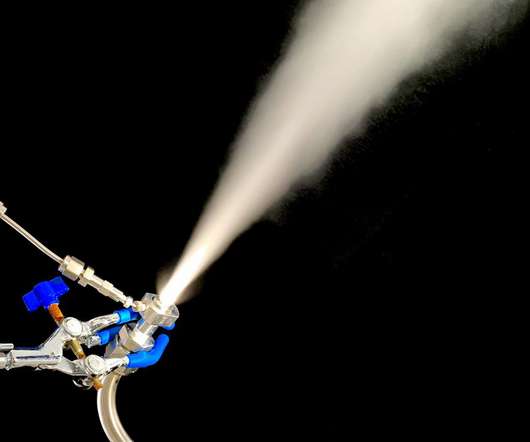Study finds anthropogenic PM and dust undercutting global solar energy production
Green Car Congress
JUNE 27, 2017
According to a new study led by a team at Duke University, airborne particulate matter and dust are cutting solar photovoltaic energy output by more than 25% in certain parts of the world, with roughly equal contributions from ambient PM and PM deposited on photovoltaic surfaces. Credit: ACS, Bergin et al. Click to enlarge.





















Let's personalize your content